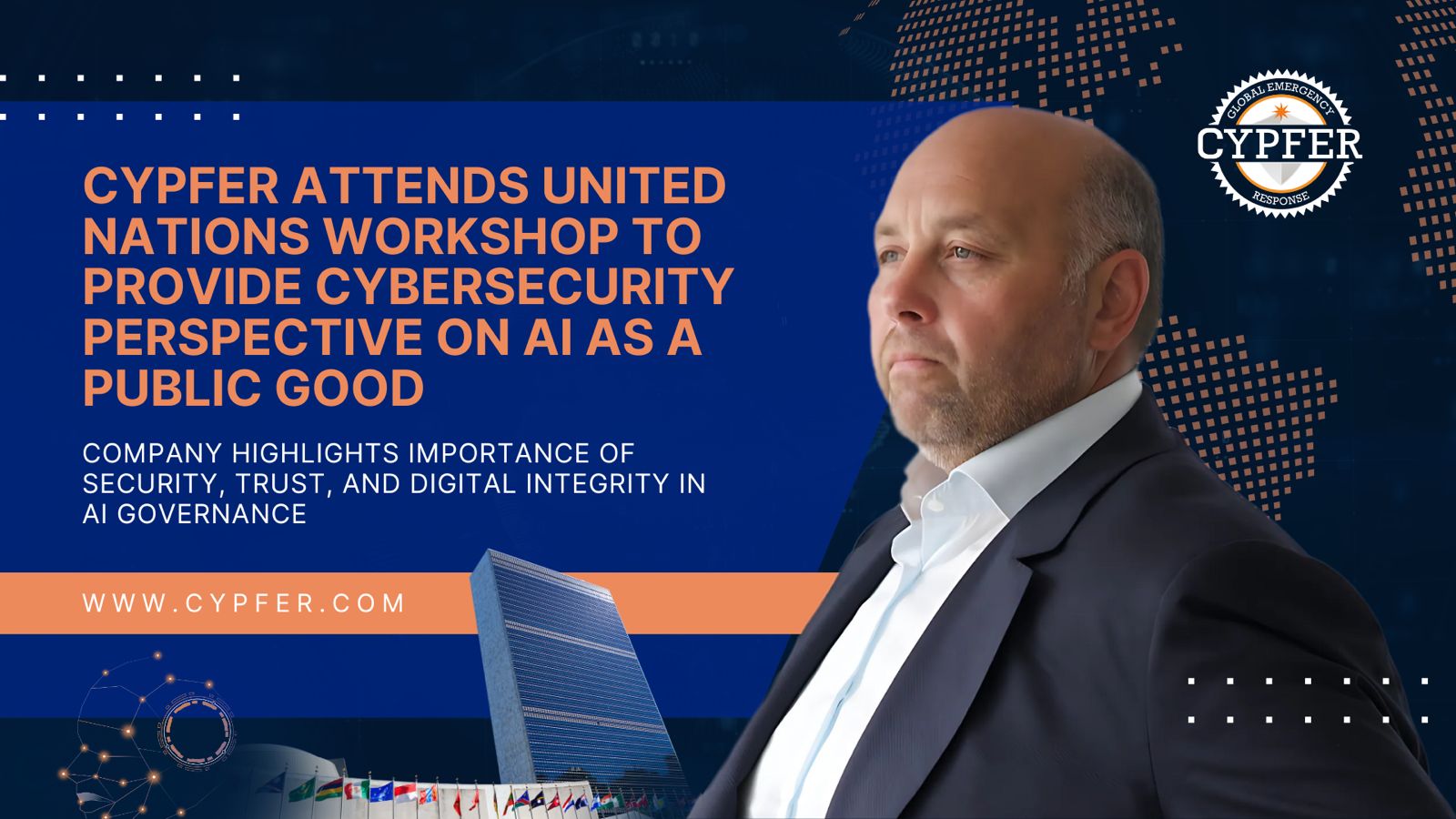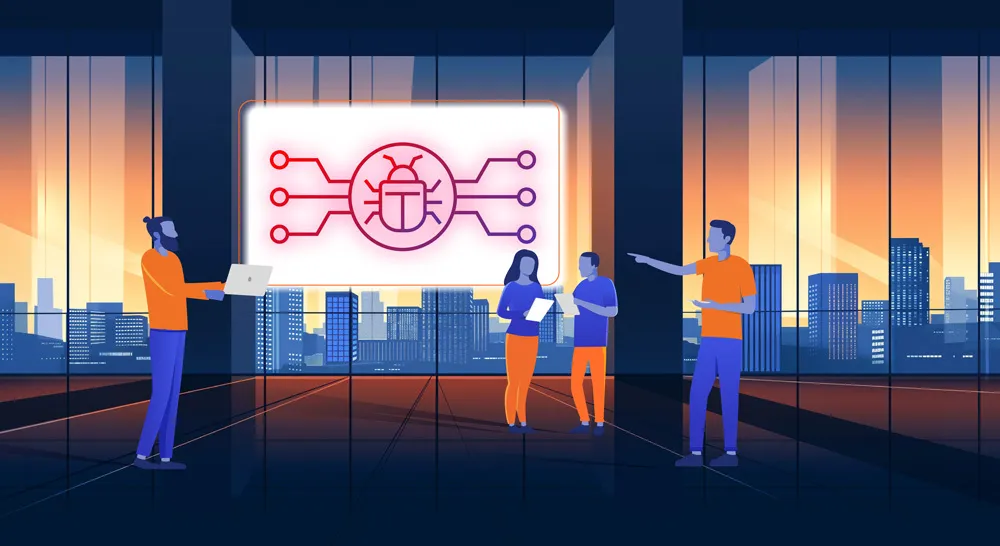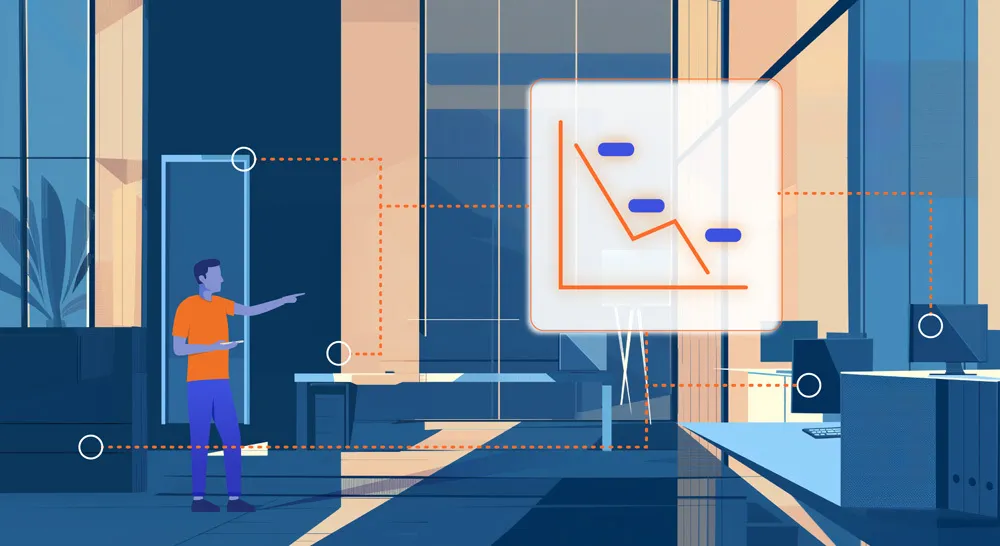
Safeguarding Commercial Interests in an Era of Nation-State Cyber Attacks: Is Your Business Prepared?
In the evolving landscape of cyber threats, nation-state attackers have traditionally been viewed as actors targeting government systems and military infrastructures. Nation-state actors differ from financially motivated cybercriminals. They are typically better organized, better financed, and more focused on results that align with their directives. Much of their kill-chain activities are covert and less noisy than those of financially motivated cybercriminals.
Their specific motivations often revolve around espionage, influence, and the destruction of critical assets. However, a significant shift has occurred as the lines between public and private sectors blur, especially in industries with critical supply chains. Commercial entities, particularly those supplying goods and services to government agencies or sectors vital to national security, are increasingly in the crosshairs of nation-state cyber attackers.
This transformation in the attack surface has brought new urgency to the protection of commercial interests, especially from a cybersecurity perspective. While national governments and their various divisions, groups, and crown corporations remain primary targets for foreign state actors, the focus has expanded to their commercial suppliers, contractors, and service providers. These entities, which may lack the robust resources and cyber defenses seen in military and governmental systems, have become convenient points of entry. Nation-state attackers exploit vulnerabilities in commercial systems, seeking to disrupt, destroy, or manipulate the integrity of products and services essential to government operations.
At the heart of this threat is the dual importance of the integrity and availability of goods and services. Many commercial entities provide critical infrastructure components, from software and hardware to logistics and energy resources, making them integral to a nation’s defense, economic stability, and functioning. A successful cyberattack that compromises the integrity of these goods, such as inserting malware into software or tampering with manufacturing processes, can have dire consequences. Attacks can be exceptionally stealthy, slowly modifying data integrity and changing social sentiment about topics such as elections by spreading disinformation and misinformation. They may also impact the formulation of water treatment and similar processes. Such breaches can go unnoticed for extended periods, enabling attackers to manipulate the quality or functionality of products that eventually reach sensitive government or defense systems.
In addition, the availability of services is increasingly a target for disruption. For instance, if a foreign state were to compromise a critical commercial provider of logistics or cloud services that supports government operations, the resulting outages or slowdowns could cripple response times in times of national emergencies or military actions. Ransomware, distributed denial-of-service (DDoS) attacks, and supply chain infiltrations all pose serious threats to the availability of these services, highlighting how commercial organizations have become as crucial to national resilience as government agencies. Hence, creating a snowball effect.
The fact that commercial vendors and suppliers often operate in a globalized market adds another layer of complexity. Nation-state actors leverage this globalization, targeting businesses with subsidiaries or supply chains spanning multiple countries. These actors may exploit weaker cybersecurity practices in one country to gain access to larger, more secure targets in another. This global reach extends the threat not only to large multinational corporations but also to small and medium-sized enterprises (SMEs), which often lack the resources for advanced cybersecurity measures yet are vital to national supply chains.
One particularly illustrative example of this risk is the increasing number of attacks on sectors like defense contracting, energy, telecommunications, and even food distribution. These industries provide the backbone of national operations, and attacks on their commercial actors can have cascading effects that compromise national security indirectly. In some cases, these attacks aim to weaken an adversary’s overall military readiness or cause widespread public distrust in its institutions by undermining the basic services and goods that citizens rely on daily.
From a commercial perspective, this risk necessitates a reevaluation of cybersecurity strategies. Many companies previously considered themselves immune to the geopolitical conflicts that drive nation-state cyber actors. But today, they are realizing that the very nature of their contracts, products, or partnerships with governments and critical infrastructure sectors renders them high-value targets. In this environment, cybersecurity is no longer just about protecting customer data or avoiding business interruptions—it is about safeguarding national security through the integrity and availability of commercial products and services.
As nation-state actors become more adept at exploiting the vulnerabilities of commercial interests, businesses must recognize that they are now part of a broader national defense strategy. This realization might take time to take hold as businesses may not realize how their goods or services are part of a nationally critical supply chain.
Businesses must strengthen cybersecurity practices, adopt zero-trust architectures, and maintain heightened vigilance across supply chains, as these are essential steps for companies that wish to protect not only their commercial interests but also their role in supporting national resilience in the face of growing geopolitical tensions. This requires education, government support, and modification of the standard approach to proactive and responsive cyber-risk management practices.
The future of cybersecurity risk management lies in the understanding that the traditional demarcations between governmental and commercial targets no longer hold completely true. In a world where a company’s operations can have direct implications for a nation’s security, the need for public-private partnerships, improved information sharing, and collaborative defense strategies is greater than ever. For commercial enterprises, this means embracing their responsibility in the global fight against nation-state cyber threats, safeguarding not only their own operations but also the vital interests of the countries they serve.
At CYPFER, we recognize the critical need for businesses to defend against these growing nation-state threats. With our global experience in handling thousands of cyber incidents, we bring unmatched expertise in protecting the integrity and availability of our clients’ operations. We offer a comprehensive suite of services, including advanced threat intelligence, incident response, and tailored advisory solutions, ensuring that our clients are prepared and resilient in the face of nation-state attacks. Partnering with CYPFER means securing your business and, by extension, contributing to national resilience with Cyber Certainty™.
Your Complete Cyber Security Partner:
Every Step, Every Threat.
At CYPFER, we don’t just protect your business—we become part of it.
As an extension of your team, our sole focus is on cyber security, ensuring your peace of mind. From incident response and ransomware recovery to digital forensics and cyber risk, we integrate seamlessly with your operations. We’re with you 24×7, ready to tackle threats head-on and prevent future ones.
Choose CYPFER, and experience unmatched dedication and expertise. Trust us to keep your business secure and resilient at every turn.

Get Cyber Certainty™ Today
We’re here to keep the heartbeat of your business running, safe from the threat of cyber attacks. Wherever and whatever your circumstances.
Contact CYPFER





